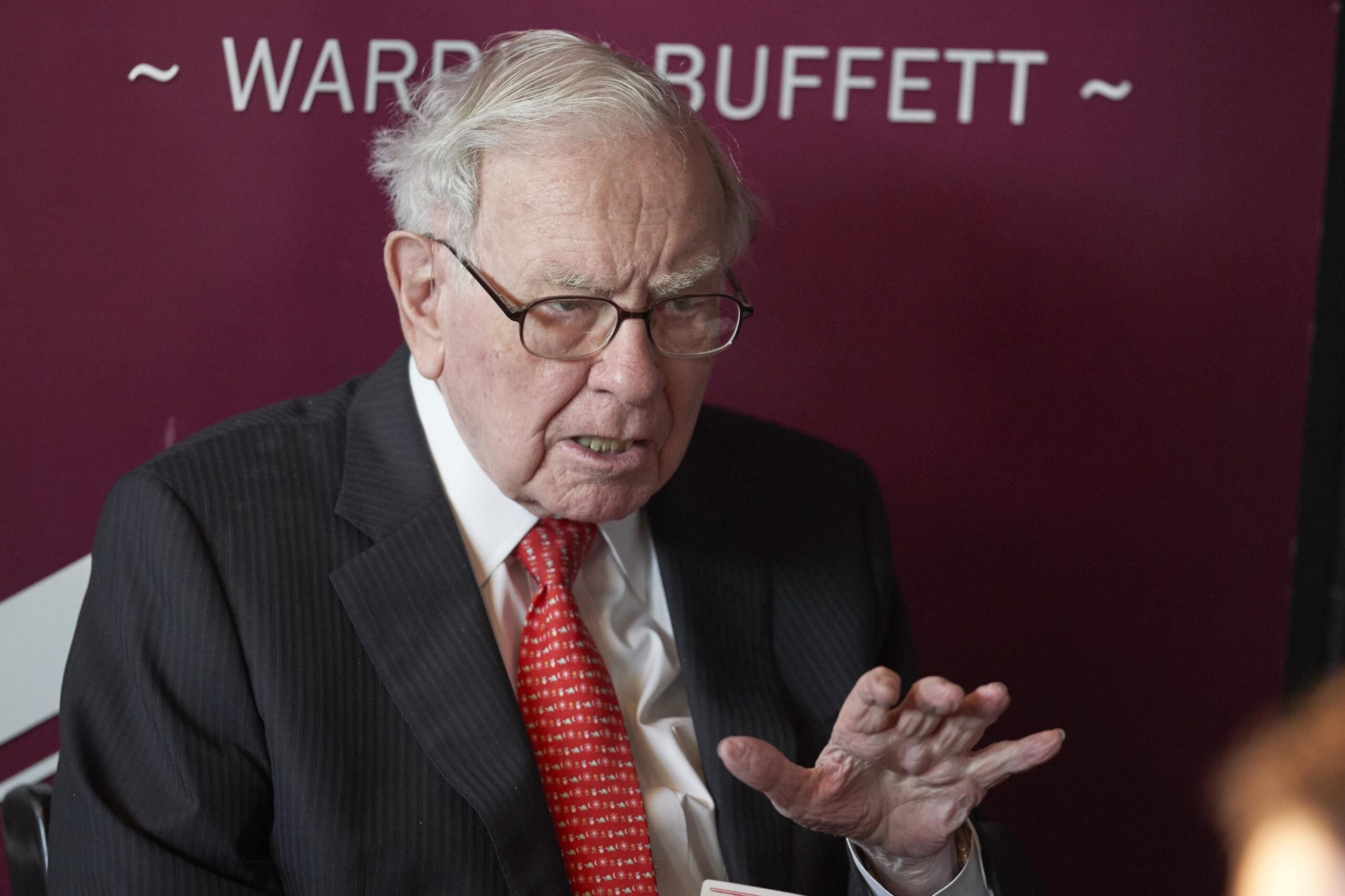No matter how rich, famous, accomplished, and well-respected a person is, we can all use some friendly advice from time-to-time. It is in that spirit that I would like to offer some to the legendary Warren Buffett, Chair and CEO of Berkshire Hathaway, Inc.
Here’s the advice for the upcoming Berkshire Hathaway annual meeting: Please change your mind and vote in favor of the shareholder proposal submitted by the California Public Employees Retirement System (CalPERS), Federated Hermes, and Caisse de dépôt et placement du Québec (CDPQ) which requests “that the board of the Company publish an annual assessment addressing how the Company manages physical and transitional climate-related risks and opportunities, commencing prior to its 2022 annual shareholders’ meeting.”
This seems like a very modest ask, particularly in light of how companies all over the world are publishing data relevant to climate change, such as using the framework of the Task Force on Climate-related Financial Disclosures (TCFD) and including metrics on greenhouse gas emissions and commitments to be net zero by 2050. Since you own around one quarter of the company’s voting shares, this would be a strong and powerful signal that Berkshire Hathaway recognizes the potential impact of climate change on the company. Failure to do so suggests that you do not, an unfortunate mark on your legacy.
Mr. Buffett is getting lonelier by the day on the wrong side of history. Over 1,400 companies, which include many in the U.S., support the TCFD recommendations. Climate Action 100+ (an investor coalition of 575 members with $54 trillion in assets under management) reports that TCFD is supported by 59 of the 167 companies it identified as the world’s largest greenhouse gas emitting companies. To illustrate the emissions footprint of this group, when ranked against whole nations the top 100 of these companies rank third after the U.S. and China for emissions and represent around 80 percent of global industrial emissions. Oh, and Berkshire Hathaway is an illustrious member of this dubious Club of 100.

Aerial view of building exterior of a coal fired power station. Large cooling towers emitting steam into to air. Great for global warming, climate change and pollution themes. | GETTY
While the world of annual meetings, shareholder proposals, and proxy voting is a complex and arcane one, the issue here is actually very simple. In Berkshire Hathaway’s 2021 Proxy Statement in advance of its annual meeting of shareholders, the board has made a unanimous recommendation that shareholders vote against this proposal. Their argument is that since it “manages its operating businesses on an unusually decentralized basis” with “few centralized or integrated functions” it is unable to do such an annual climate-related assessment. Resources certainly aren’t the issue here. Page K-57 of Berkshire Hathaway’s 2020 annual report states that, “At December 31, 2020, our insurance and other businesses held cash, cash equivalents and U.S. Treasury Bills of $135.0 billion.”
SUBSCRIBE TO OUR NEWSLETTER
Subscribe our newsletter to receive the latest news, articles and exclusive podcasts every week


